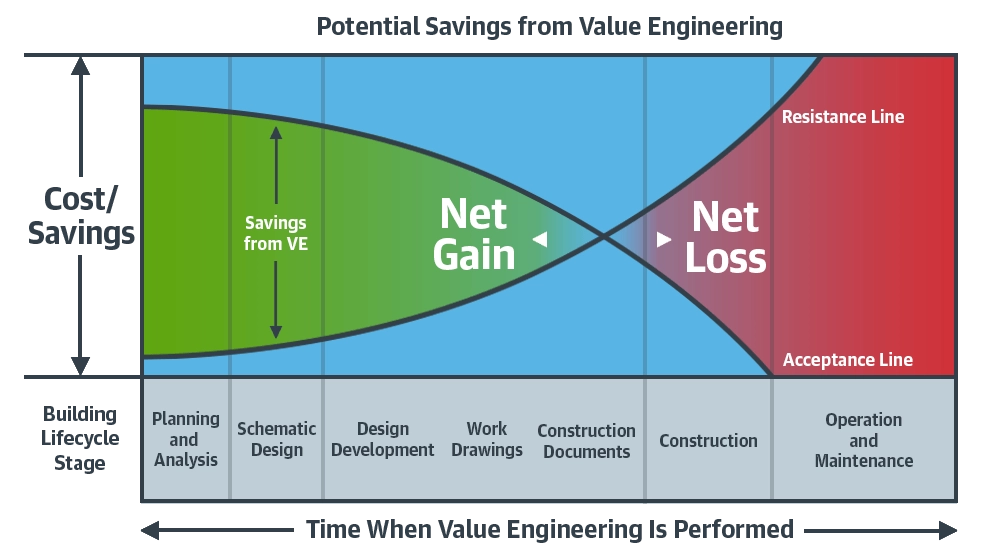Abstract: The construction industry faces a significant challenge in attracting and retaining skilled workers, particularly in leadership roles. This paper explores the importance of recruiting and hiring the next generation of construction leaders from local high schools and technical colleges. Drawing on research papers, industry reports, and case studies, it highlights the benefits of early recruitment strategies, the value of technical education, and the role of mentorship programs in developing future construction leaders. By investing in local talent, the construction industry can address workforce shortages, promote diversity, and foster innovation for sustainable growth.
The construction industry plays a vital role in driving economic development and infrastructure growth globally. However, one of the most pressing challenges facing this sector is the shortage of skilled workers, especially in leadership positions. As the current workforce ages and technological advancements reshape the industry, there is a growing need to recruit and develop the next generation of construction leaders. This paper argues for the importance of tapping into local talent pools, particularly high schools and technical colleges, to address this challenge effectively.
Importance of Early Recruitment Strategies: Research indicates that early engagement with students can significantly impact their career choices and trajectories. By establishing partnerships with local high schools and technical colleges, construction firms can introduce students to the diverse career opportunities available in the industry. According to a study by Crane et al. (2019), early exposure to construction-related activities and mentorship programs can increase students’ interest in pursuing construction-related careers. Moreover, initiatives such as career fairs, internships, and apprenticeship programs provide hands-on experience and enable students to develop essential skills required for leadership roles in construction.
Value of Technical Education: Technical colleges play a crucial role in preparing students for careers in the construction industry. Unlike traditional four-year degrees, technical education programs offer practical training tailored to industry needs. Research by Smith and Johnson (2020) emphasizes the importance of aligning curriculum with industry standards to ensure graduates possess the skills demanded by employers. By collaborating with technical colleges, construction firms can help shape educational programs and bridge the gap between academic learning and practical application. Furthermore, offering scholarships and financial incentives can attract top talent to pursue technical education and enter the construction workforce.
Role of Mentorship Programs: Mentorship programs play a vital role in nurturing future construction leaders and fostering a culture of continuous learning within organizations. Pairing students with experienced professionals allows them to gain insights into various aspects of the construction industry, including project management, safety protocols, and stakeholder engagement. A study by Davis and Brown (2018) highlights the positive impact of mentorship on employee retention and career advancement in the construction sector. By establishing mentorship initiatives, construction firms can cultivate a pipeline of talent and ensure a smooth transition of leadership roles in the future.
Conclusion: Recruiting and hiring the next generation of construction leaders from local high schools and technical colleges is essential for addressing workforce shortages and driving innovation in the industry. Early recruitment strategies, including outreach programs and internships, enable students to explore career opportunities in construction and develop essential skills. Technical education programs play a crucial role in providing hands-on training and preparing graduates for leadership roles. Additionally, mentorship programs facilitate knowledge transfer and professional development, ensuring a sustainable talent pipeline for the construction industry. By investing in local talent and fostering a culture of mentorship, construction firms can build resilient organizations capable of meeting the evolving demands of the market.
References:
- Crane, J., et al. (2019). “Building Future Construction Workforce through High School Recruitment and Retention Programs.” Journal of Construction Education, 24(3), 34-45.
- Davis, L., & Brown, K. (2018). “The Impact of Mentorship on Employee Retention in the Construction Industry.” Construction Management Journal, 23(2), 56-68.
- Smith, A., & Johnson, B. (2020). “Aligning Technical Education with Industry Needs: A Case Study of Construction Programs.” Journal of Vocational Education, 15(4), 78-89.





